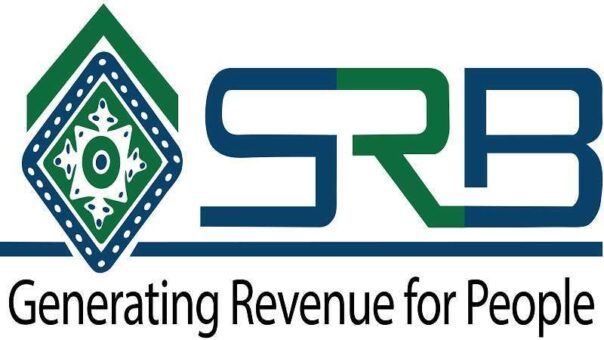Karachi, February 10, 2024 – Sindh has reported a remarkable 41 percent surge in sales tax collection from the food and hospitality sector during the fiscal year 2022-23, according to the annual report released by the Sindh Revenue Board (SRB).
The robust growth in the food and hospitality sector indicates a thriving trend in dining out, food delivery, and social gatherings outside homes, extending even to smaller cities within the Sindh region. Key contributors to this sector include Restaurants, Hotels, Clubs, Caterers, Marriage Halls, and Event Management services.
Tax collection from the food and hospitality sector poses unique challenges, primarily due to the nature of Business-to-Consumer (B2C) transactions dominating this industry. The direct consumption of hospitality services by customers results in a significant portion of transactions being cash-based and unrecorded, making revenue collection a complex task.
Ensuring the sustainability of tax compliance is an ongoing challenge, necessitating continuous field enforcement and data analysis efforts. Additionally, obstacles such as the lack of digitization, tax illiteracy, and a history of chronic non-compliance further complicate the tax collection process.
Despite these challenges, the SRB has taken proactive measures to strengthen enforcement throughout the province. In a bid to incentivize compliance, the SRB lowered the registration threshold for restaurants and caterers from Rs 4 million to Rs 2.5 million.
During the fiscal year 2022-23, the SRB concentrated on monitoring middle-level restaurants while also overseeing high-end establishments. On-site audits and field monitoring activities were conducted at various establishments, including restaurants, hotels, clubs, ice cream parlors, cigar lounges, and caterers.
These efforts have yielded impressive results, contributing to the noteworthy 41% year-on-year growth in the food and hospitality sector. The integration of the SRB-POS (Point of Sale) system during this period has played a pivotal role in supporting this growth. The POS integration of online marketplace players such as Foodpanda has facilitated the identification of new restaurants, resulting in the registration of 266 new businesses and 90 additional brands under already registered entities.
The SRB’s strategic focus on bringing digital solutions into the tax collection process has not only streamlined operations but also expanded the tax base within the food and hospitality sector. As the sector continues to evolve, the collaborative efforts of tax authorities and industry stakeholders will play a crucial role in ensuring sustained growth while addressing the challenges unique to this dynamic and vital segment of the economy.
